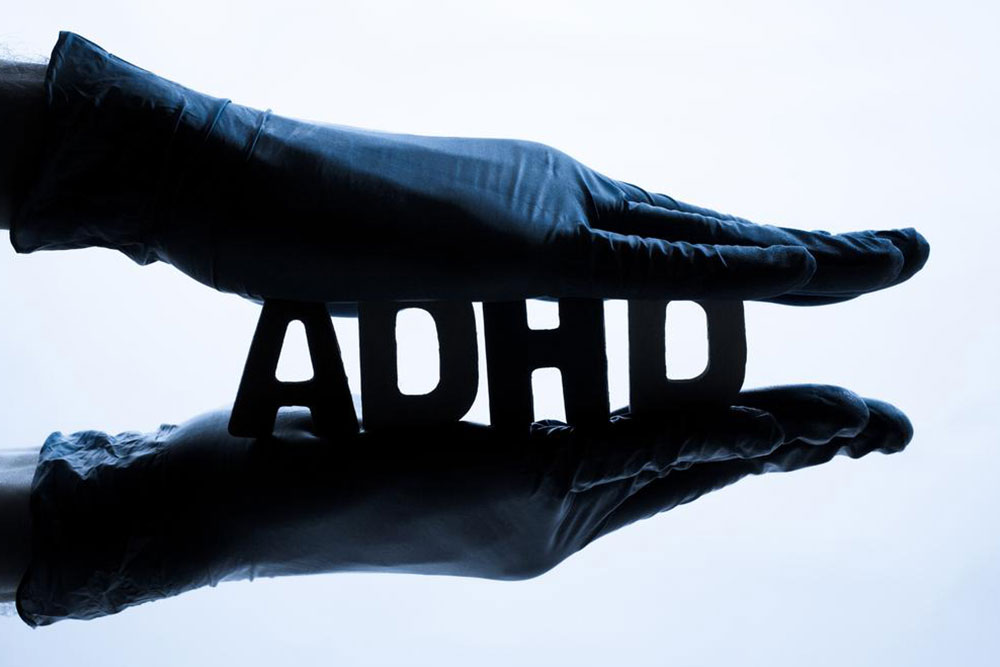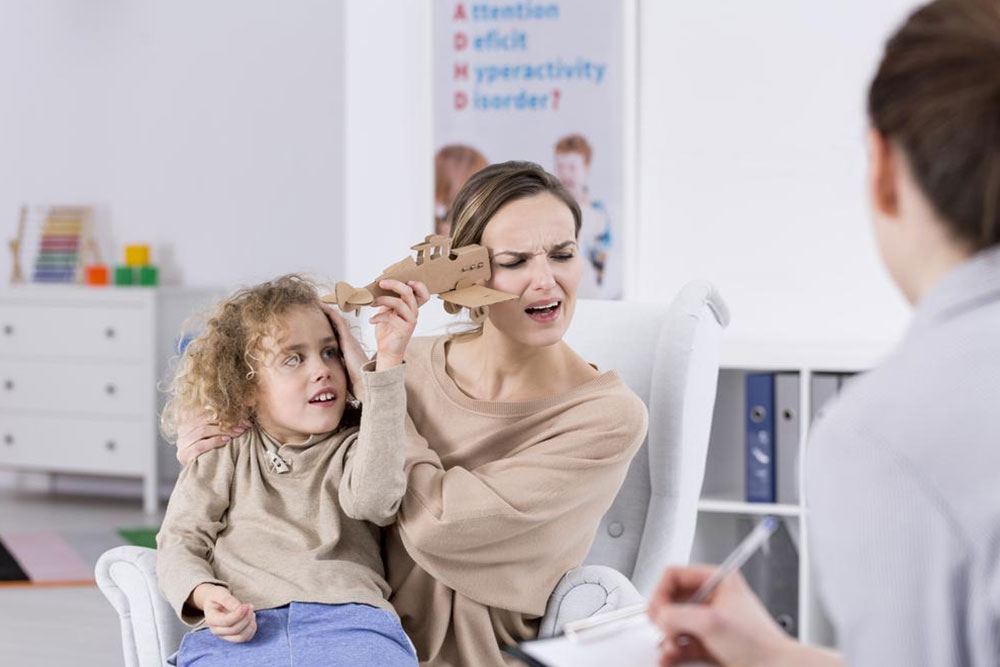Comprehensive Guide to Effective ADHD Management Strategies
This comprehensive guide explores effective ADHD management strategies, emphasizing behavioral therapies, medication, and their integration. It provides detailed insights into techniques like CBT, parental training, intensive programs, and pharmacological options supported by extensive research, aiming to improve focus, behavior, and social skills for individuals with ADHD. Tailored treatment plans and ongoing evaluation are crucial for successful management, helping affected individuals achieve better quality of life and social functioning.

Comprehensive Guide to Effective ADHD Management Strategies
Attention Deficit Hyperactivity Disorder (ADHD) is a complex neurodevelopmental condition that affects millions worldwide, impacting attention span, impulse control, and hyperactivity levels. Managing ADHD effectively requires a multifaceted approach tailored to each individual's unique challenges and needs. Over the years, extensive research has led to the development of numerous strategies, ranging from behavioral therapies and medication to integrated treatment plans that combine different methods for optimal results. Understanding these strategies in depth is essential for caregivers, educators, and medical professionals committed to improving the quality of life for those with ADHD.
While medication is often highlighted, behavioral interventions and combined treatments play equally vital roles. This article offers an in-depth exploration of these main avenues, outlining their history, mechanisms, and practical applications. Our goal is to provide a comprehensive resource for anyone interested in effective ADHD management, emphasizing evidence-based practices and personalized care.
Let’s delve into the primary strategies and how they can be tailored to meet individual needs for better focus, behavior regulation, and social integration.
Behavioral Strategies: Foundations and Evolution
Behavioral therapy has been a cornerstone in ADHD treatment for over 50 years, with its origins dating back to the pioneering work of O’Leary & Becker in 1967. Since then, it has demonstrated significant success in addressing disruptive and inattentive behaviors, academic difficulties, and social skills deficits. The core principle involves modifying problematic behaviors through reinforcement and structured intervention, helping individuals develop better self-regulation and social competence.
Behavioral strategies encompass various techniques, each tailored to specific settings such as homes, clinics, or schools. These approaches are designed to be adaptable, evidence-based, and capable of producing sustainable behavioral changes.
Key Behavioral Techniques for ADHD
Cognitive Behavioral Therapy (CBT): This well-established approach aims to enhance self-control and emotional regulation by helping individuals identify and modify negative thought patterns. Techniques include self-instruction, problem-solving, self-monitoring, self-evaluation, and cognitive modeling. In practice, children might be encouraged to use cues like saying “stop” or “pause” when they notice themselves becoming impulsive. Therapy sessions often occur twice weekly, allowing consistent reinforcement and skill development.
Parent and Teacher Training Programs: Educating caregivers and educators forms an essential component of behavioral management. These programs teach contingency management strategies—methods that reinforce positive behaviors and discourage negative ones. Techniques such as token economies, reward points, timeout, and response cost are commonly used. For instance, rewarding attention and patience through a points system can motivate children to stay focused and practice self-control. These training programs empower adults to implement consistent behavioral expectations across environments, amplifying therapeutic effects.
Intensive Behavioral Programs: For individuals with severe ADHD symptoms, structured, intensive programs provide a more rigorous approach. These often involve behavioral intervention camps or specialized classroom settings, where clinical techniques are combined with environmental modifications. Such programs aim to reinforce social skills, self-regulation, and adaptive behaviors through daily activities and parental involvement. Progress is systematically tracked, enabling tailored interventions and reinforcement strategies during transitions back home or to school.
Medication and Behavioral Therapy: A Synergistic Approach
The combination of pharmacological treatment and behavioral therapy has emerged as the most effective strategy for managing ADHD symptoms. While medications can provide rapid symptom relief, behavioral interventions foster long-term behavioral change and skill development. When integrated, these approaches complement each other, often leading to better overall outcomes.
Adjusting medication dosages in tandem with behavioral progress ensures an individualized treatment plan. This personalized approach maximizes therapeutic benefits while minimizing potential side effects.
Pharmacological Options: Effectiveness and Use
Stimulant medications remain the gold standard in ADHD treatment. Over 150 controlled studies support their efficacy in improving attention, reducing impulsivity, and enhancing social and motor skills. Common stimulants include methylphenidate-based medications such as Concerta, Ritalin, and Metadate, as well as amphetamine-based drugs like Adderall, Vyvanse, and Dexedrine.
These medications act quickly—often within 30 to 60 minutes—and are available in short or long-lasting formats. Long-acting formulations typically provide symptom control for 8 to 12 hours, reducing the need for multiple doses during the day. The choice of medication and dosing schedule is guided by individual response, side-effect tolerability, and lifestyle considerations.
It is essential for healthcare providers to monitor and adjust treatment regularly, ensuring optimal effectiveness and managing possible adverse effects such as sleep disturbances, appetite suppression, or mood changes.
Conclusion: Toward Personalized ADHD Management
Managing ADHD effectively requires a comprehensive, individualized approach that combines behavioral strategies, medication, and supportive environments. Understanding the strengths and limitations of each method allows caregivers and clinicians to tailor interventions that suit the specific needs of each person. Ongoing research continues to refine these approaches, emphasizing the importance of early diagnosis, consistent treatment, and supportive care.
Ultimately, the goal is to enable individuals with ADHD to thrive academically, socially, and emotionally, paving the way for a more balanced and fulfilling life.





